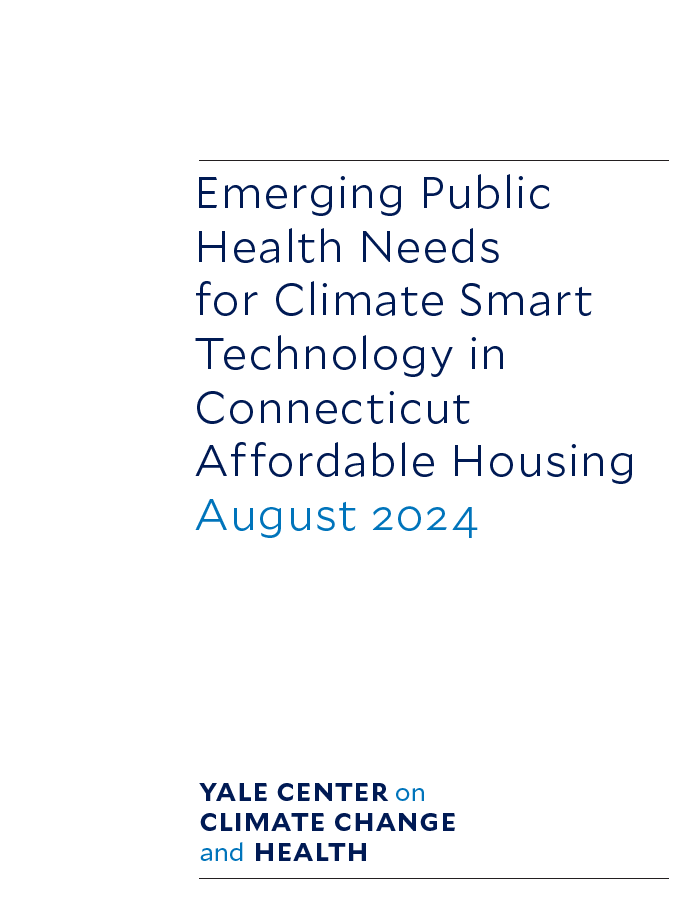Connecticut Health Resilience
Protecting medically vulnerable, electricity-dependent affordable housing residents through solar and storage technologies.
For medically vulnerable people reliant on electricity for their home healthcare needs, power outages can be life threatening. Solar paired with battery storage can keep critical systems powered during grid outages, such as electrical outlets for medical equipment and refrigeration, and heating and cooling systems.
The goal of this three-year initiative was to understand the opportunity for investment in resilient and renewable backup power to improve health outcomes of medically vulnerable affordable housing residents, including those with electricity-dependent medical equipment and temperature-regulated medication, in the event of an outage.
Clean Energy Group served as the Connecticut Green Bank’s technical partner to build awareness of solar+storage among affordable housing providers. This included overviewing how solar+storage can support public health in the event of a power outage and explaining available incentive programs like Connecticut’s Energy Storage Solutions program. CEG provided project-specific technical assistance to conduct solar+storage feasibility assessments and weatherization audits, including a deep-dive into how resilient power can support electricity-dependent residents. The feasibility assessments were informed by the actual experience of electricity-dependent affordable housing residents through a resident engage initiative led by the Yale Center on Climate Change and Health and Operation Fuel.
PROJECT IMPACT
- Provided education to dozens of affordable housing partners on the benefits of solar+storage for medically vulnerable residents.
- Supported 30 solar+storage feasibility assessments for 10 affordable housing providers.
- Collaborated with Operation Fuel, the Yale Center on Climate Change and Health, Connecticut Insurance Department, and Connecticut Green Bank to raise awareness of the impact of power outages on affordable housing residents.
- Outlined the health benefits and economic opportunities of keeping essential services running for medically vulnerable residents at multifamily affordable housing facilities with solar+storage.
- Established the basis for the development of a Climate Resilient Energy Code for multifamily affordable housing, which is designed to maintain power and comfortable living conditions so that residents can more safely shelter in place during grid outages.










